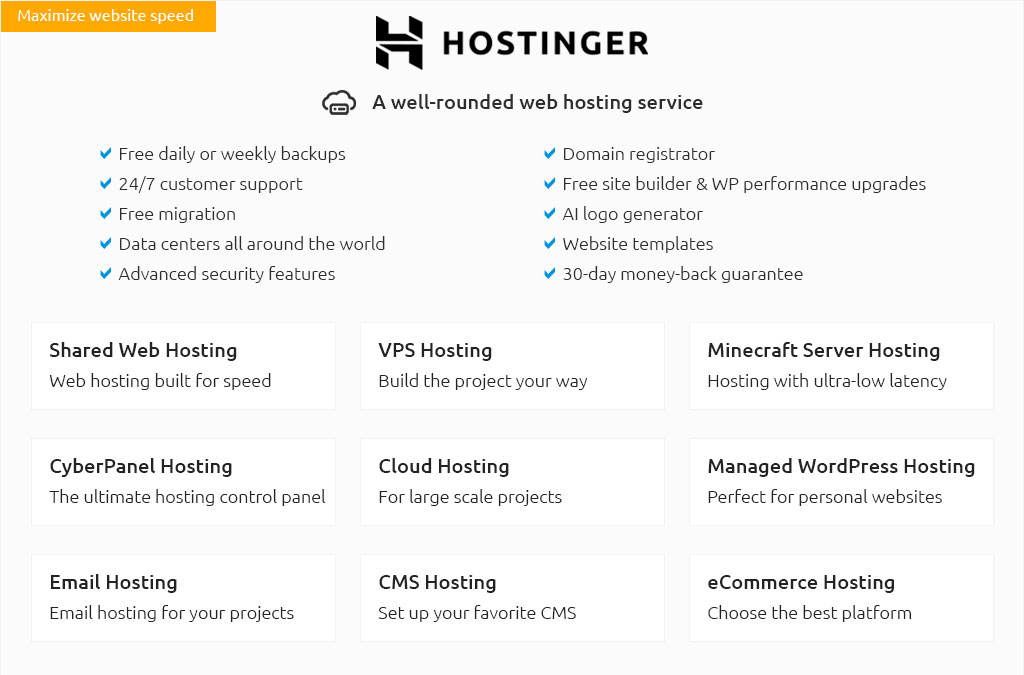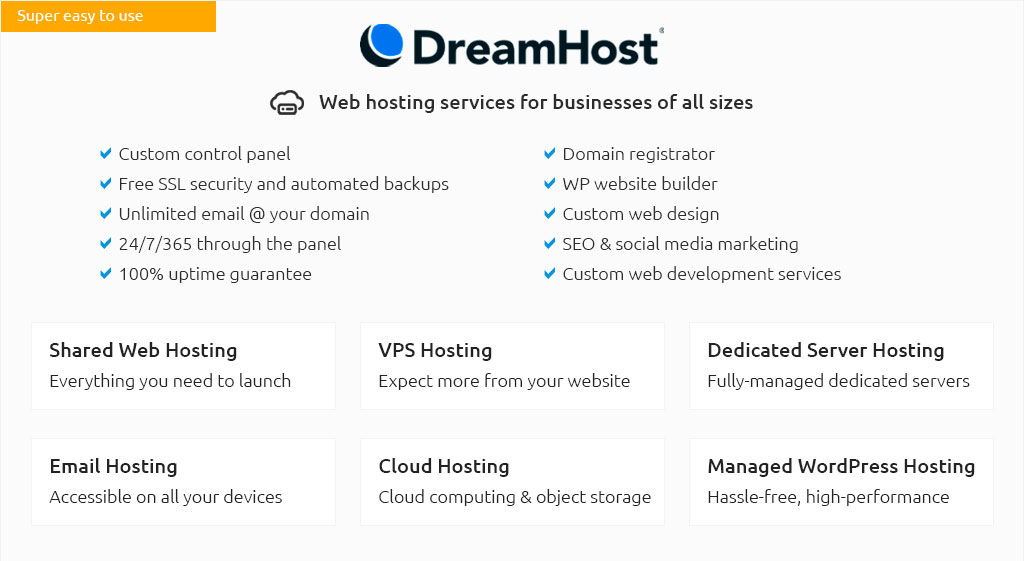 |
|||
 |
 |
 |
|
 |
|
 |
 |
 |
|||
 |
|||
 |
|||
 |
|||
 |
 |
Exploring ColdFusion Web Hosting: An In-Depth LookIn the realm of web development, choosing the right hosting platform is crucial, and for those working with Adobe's ColdFusion, this decision carries particular weight. ColdFusion, a powerful and dynamic scripting language, is designed to handle the back-end functionality of web applications, offering developers a robust platform for building sophisticated websites. However, the choice of hosting can significantly impact the performance and scalability of these applications, making it essential to understand the intricacies of ColdFusion web hosting. At its core, ColdFusion web hosting is about providing the necessary infrastructure to run ColdFusion applications efficiently. This involves not only ensuring compatibility with the ColdFusion server but also optimizing the server environment to maximize performance. A common question among developers is: why choose ColdFusion over other scripting languages like PHP or Python? The answer often lies in its rapid development capabilities, built-in functions for database integration, and ease of use for those familiar with its tag-based syntax. Yet, the hosting environment can either enhance or hinder these advantages.
Choosing the right ColdFusion web hosting provider involves evaluating these factors and considering one's specific needs. Some developers prefer managed hosting solutions, where the provider handles server maintenance and updates, allowing them to focus solely on development. Others might opt for a more hands-on approach, using VPS or dedicated servers for greater control. The choice ultimately depends on the developer's expertise, the project's requirements, and the available budget. Subtle opinions often emerge around the topic of ColdFusion hosting. While some might argue that ColdFusion is outdated compared to newer technologies, its enduring presence and continuous updates from Adobe highlight its relevance and adaptability. Moreover, the community around ColdFusion remains active, providing a wealth of resources and forums for troubleshooting and innovation. In conclusion, ColdFusion web hosting is a critical consideration for developers looking to leverage this powerful language effectively. By focusing on performance, security, support, scalability, and cost-effectiveness, developers can ensure their applications not only function optimally but also provide a seamless experience for users. Whether you're a seasoned ColdFusion developer or a newcomer exploring your options, understanding the nuances of hosting can significantly enhance your web development projects. https://hostek.com/hosting/coldfusion/vps/coldfusion-server-hosting
Reliable ColdFusion Server Performance ; Starter. Starting at only $163.80 /month ; Silver. Starting at only $220.50 /month ; Business. Starting at only $302.40/ ... https://www.adobe.com/products/coldfusion-family/hosting-partners.html
Media3 has been a trusted ColdFusion hosting provider since 1995, offering scalable solutions from single sites to load-balanced environments. https://www.hostingadvice.com/how-to/best-coldfusion-hosting/
Essentially, the platform is a series of tools and mechanisms that enable developers to quickly generate code and create dynamic websites and ...
|